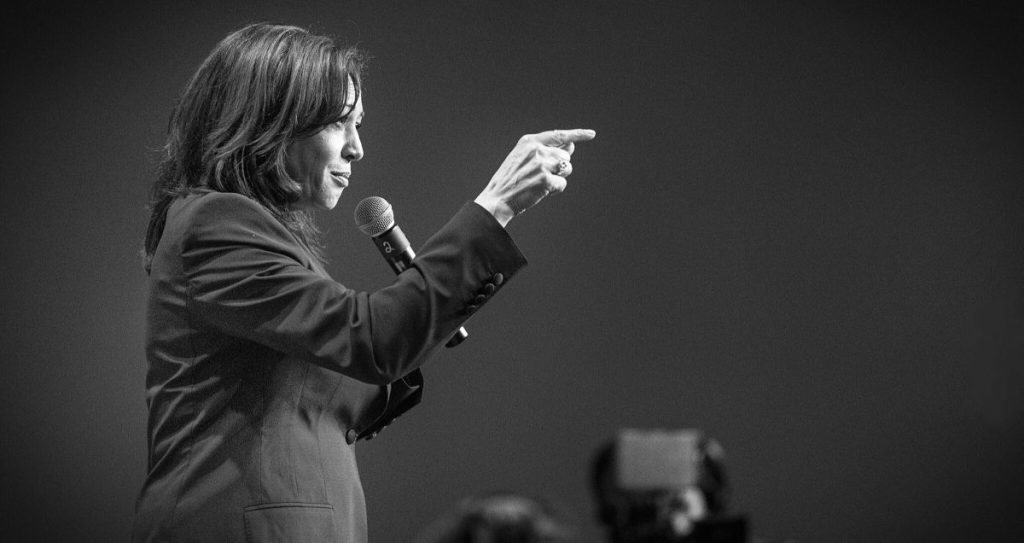Biden’s debate performance in June 2024 proved a turning point. His halting delivery and visible struggle on stage shocked viewers and party insiders alike.
Others are reading now
In a candid podcast appearance, Kamala Harris shared the moment she realized something was “a little off” with President Joe Biden during his 2024 campaign.
Speaking on Diary of a CEO with Steven Bartlett, the former vice president recalled a troubling phone call ahead of the now-infamous debate against Donald Trump.
The debate that changed everything
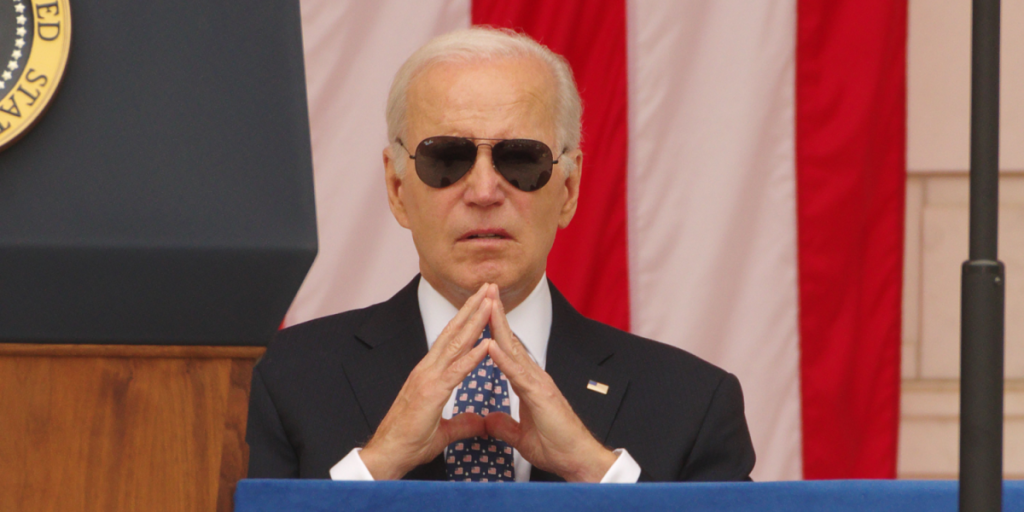
Biden’s debate performance in June 2024 proved a turning point. His halting delivery and visible struggle on stage shocked viewers and party insiders alike.
It ultimately ended his reelection bid and reshaped the race, months before Election Day.
Harris says the signs came well before the debate
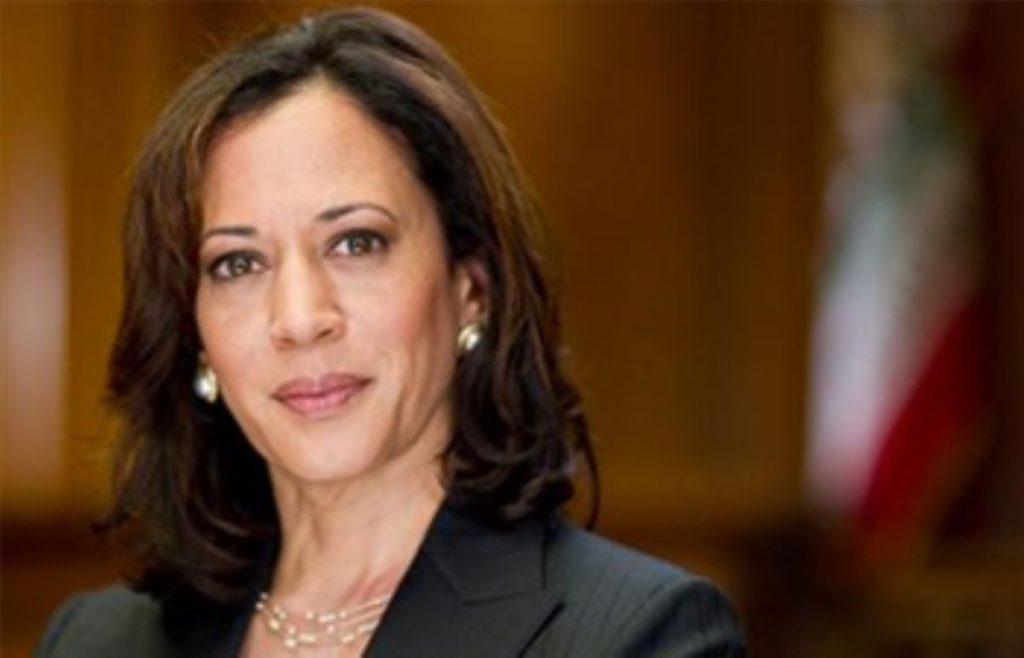
While the debate itself drew national attention, Harris said warning signs were already visible. “He called me from debate camp,” she said, “and I could tell something was a little off.”
Also read
Her comments suggest she began to question his readiness long before the cameras rolled.
A troubling phone call from debate prep
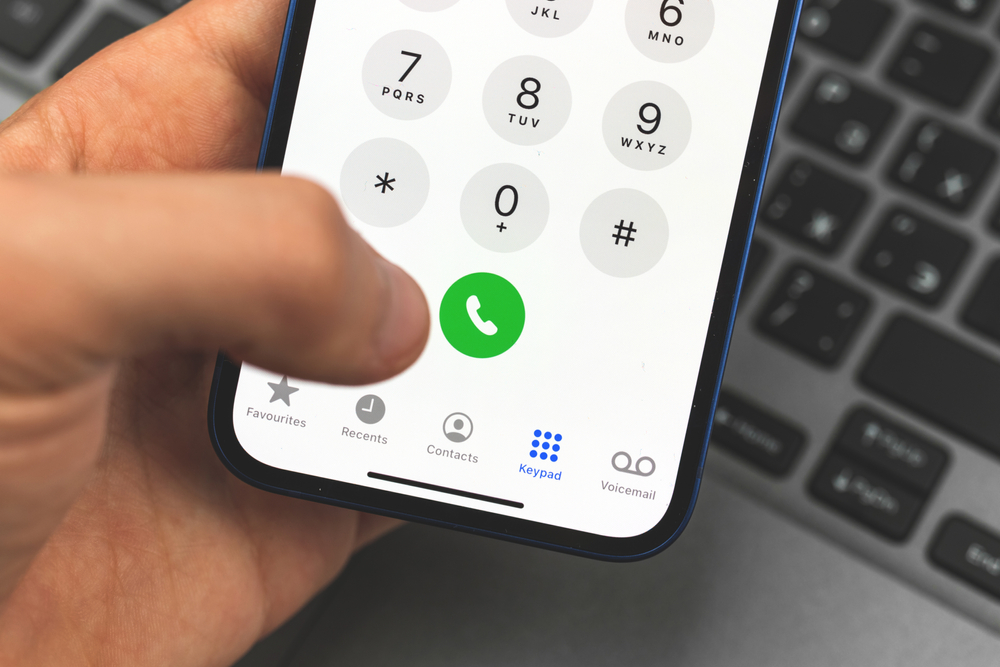
Describing the call in more detail, Harris said Biden sounded fragile and forgetful. “I was concerned,” she admitted. “I just, I don’t think he wanted to debate.”
Her remarks suggest deeper doubts about his willingness to continue the fight for a second term.
‘You’ve got to want it’
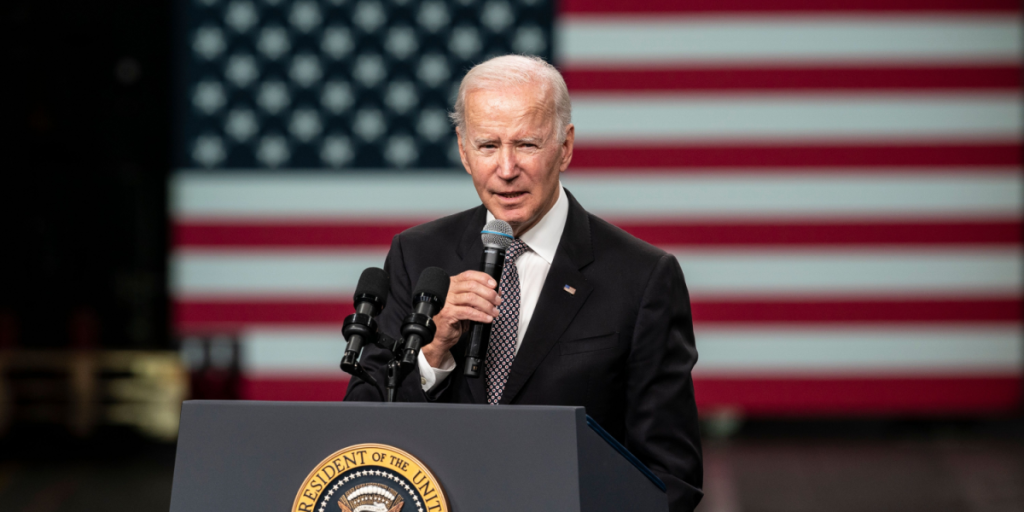
Harris compared debating to any competitive arena: “Whether it’s sports or a business pitch, you’ve got to want it.”
She believes Biden lacked that drive in the lead-up to the debate, and it showed. “If you don’t want to be in the competition, it will absolutely have an impact on your performance.”
Also read
Biden may have been pressured to go ahead
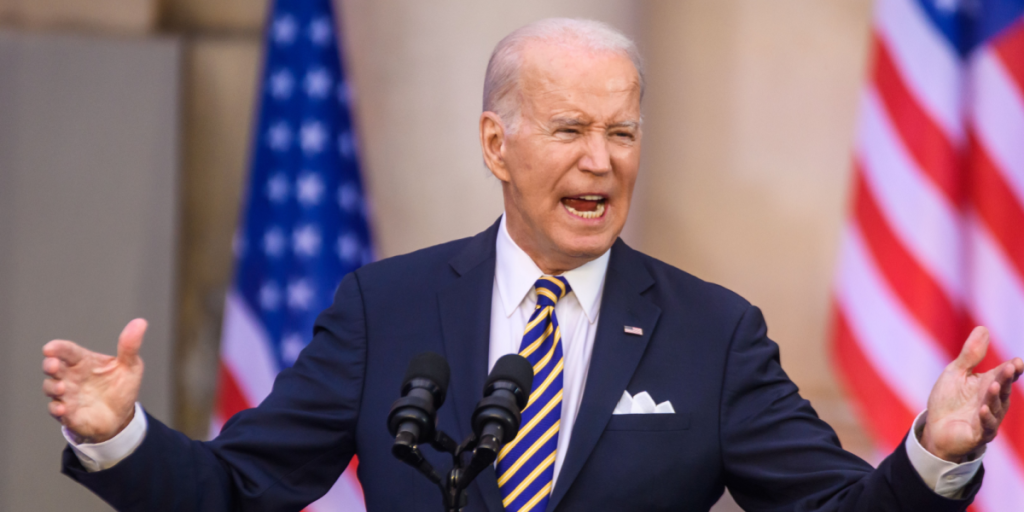
When asked directly how she knew Biden didn’t want to debate, Harris was blunt: “We had conversations about it.
I think he got talked into it.” Her statement adds to a growing narrative that Biden may have felt obligated to run again, rather than eager.
Harris watched the debate from Los Angeles
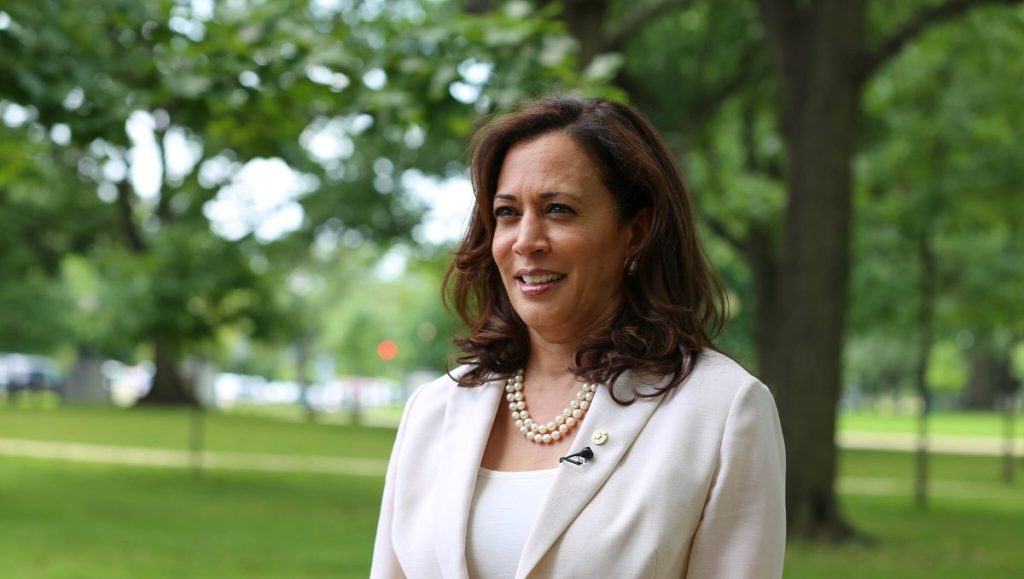
On debate night, Harris kept her circle small. Watching from Los Angeles with just a few team members, she wanted space to react honestly.
“There is no such thing as a perfect debate,” she said. “I expected there’d be something to clean up. And then, you know, we saw what we all saw.”
Biden officially stepped aside in July
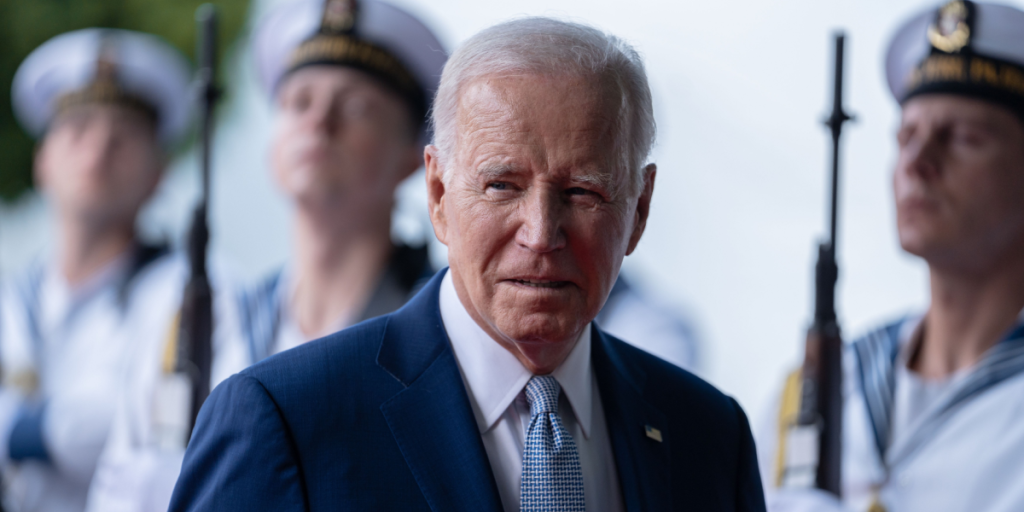
The fallout was swift. By July, Biden announced he would no longer seek reelection. In the months that followed, Kamala Harris emerged as the Democratic nominee, launching a historic presidential campaign of her own.
Also read
Should she have told him not to run?
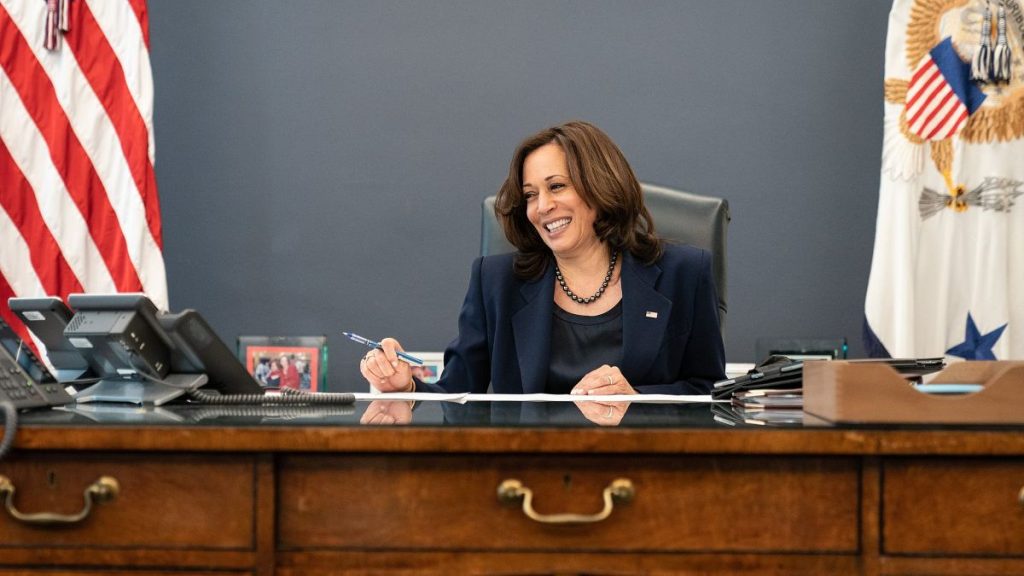
Looking back, Harris questions her own choices. In her new memoir 107 Days, she reveals she considered telling Biden not to run, but feared how it might be perceived.
As his vice president and likely successor, she worried it would seem self-serving.
‘Was it grace, or was it recklessness?’
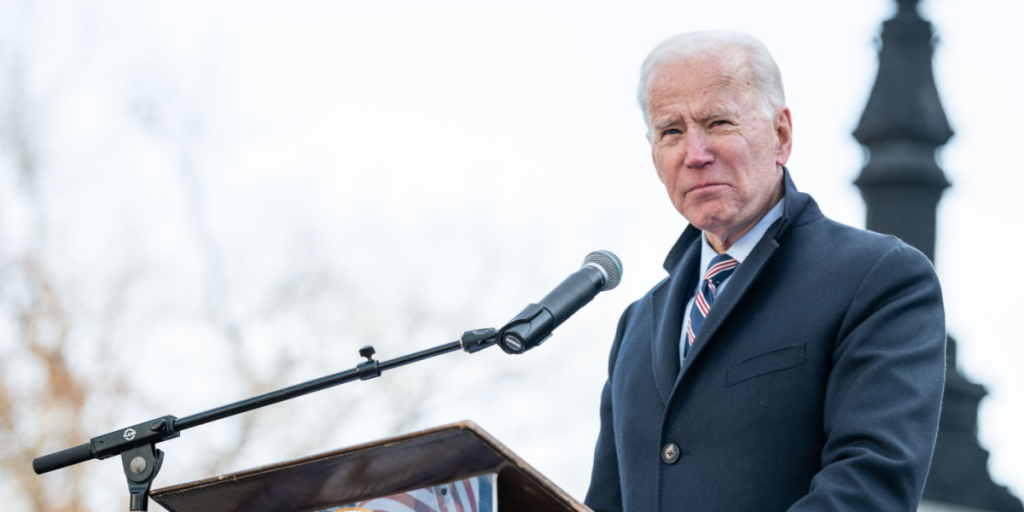
During an interview with Rachel Maddow, Harris reflected on how the administration handled Biden’s reelection decision.
“We all said that, like a mantra, as if we’d all been hypnotized,” she wrote. “Was it grace, or was it recklessness? In retrospect, I think it was recklessness.”
Owning her part in the decision
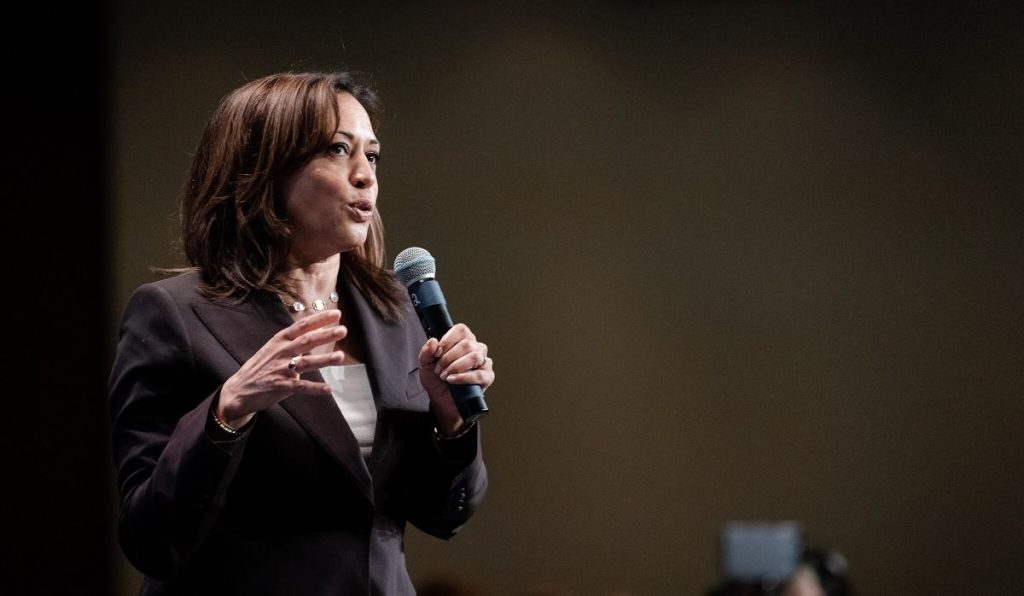
Speaking to Maddow, Harris didn’t shy away from responsibility. “I have and had a certain responsibility that I should’ve followed through on,” she admitted.
Also read
Her comments point to a deep sense of reflection, and perhaps regret, over how events unfolded.
Her memoir offers a behind-the-scenes look

Harris’s book, 107 Days, charts the dramatic final stretch of the 2024 race and her rise as the Democratic nominee.
With behind-the-scenes moments and raw introspection, it paints a fuller picture of a campaign year defined by political upheaval.
A defining chapter in U.S. politics
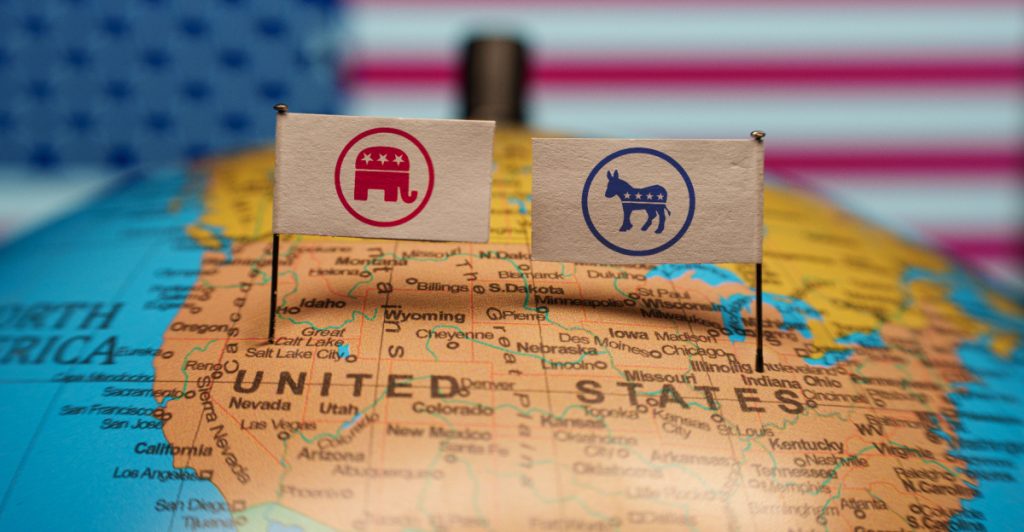
From a faltering debate to a leadership handoff, 2024 marked a dramatic turn in American politics.
Kamala Harris’s recent reflections offer not just a personal account, but a rare window into one of the most consequential transitions in modern presidential history.

